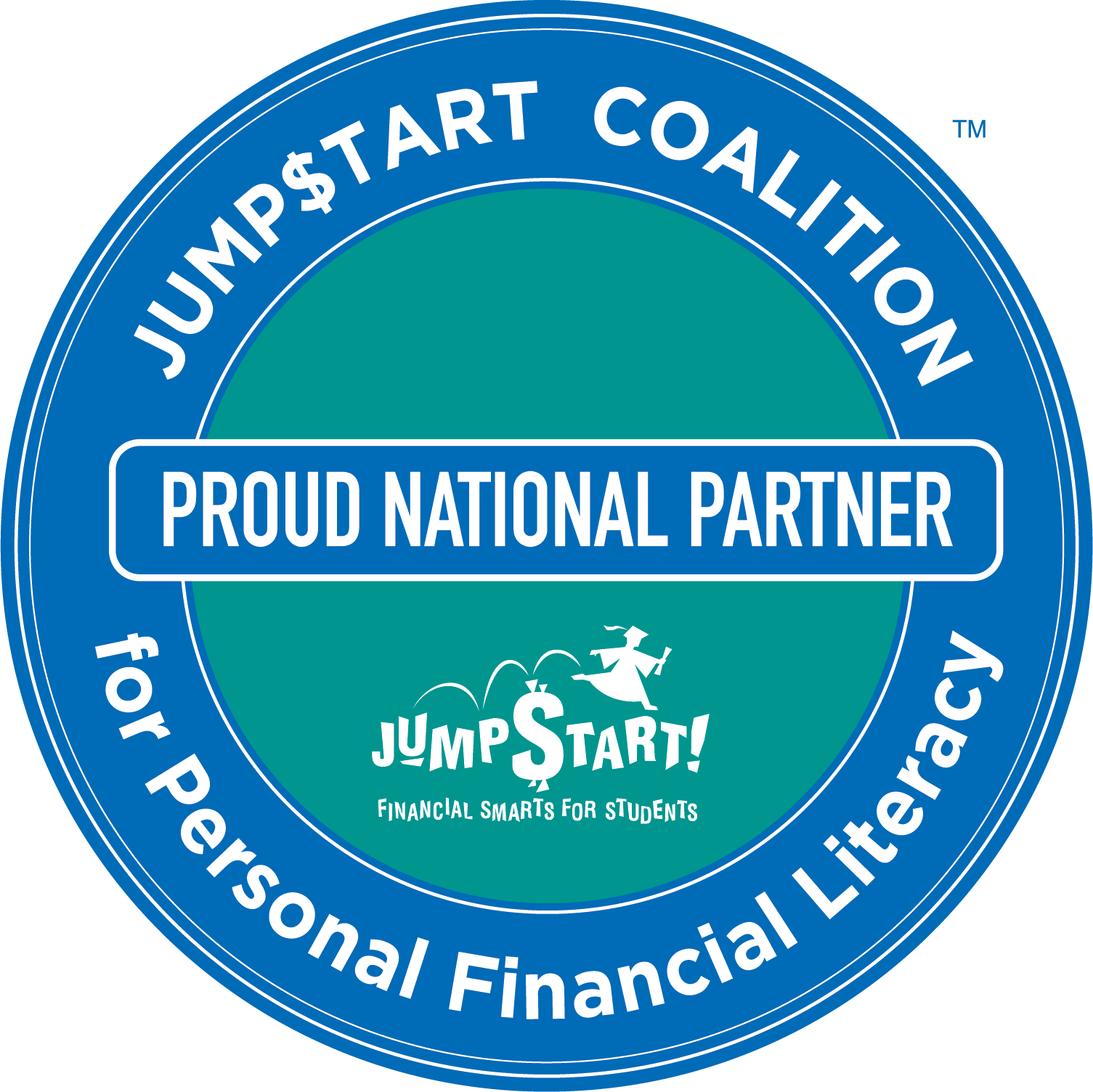In the wake of a few high-profile bank failures in early 2023 (Silicon Valley Bank, Signature Bank), and even crypto exchange collapses (FTX), you may have heard a lot about the FDIC. The FDIC plays a vital role in the financial system, helping keep the system steady and consumers confident that the system will remain stable.
But what is the FDIC, how does it work, and why does it exist? We’ll get into it.
What is the FDIC?
The Federal Deposit Insurance Corporation, or FDIC, is an independent federal agency that insures deposits at U.S. banks. Its primary purpose is to make sure that banks don’t collapse, and that depositors don’t lose their money in the event that one does. It was created way back in 1933, during the Great Depression, in an effort to instill confidence in the financial system.
Currently, the FDIC insures up to $250,000 per depositor — assuming that the depositor’s money is in a bank that is an FDIC member (take note: Always check to see if your bank is an FDIC member!). That means that if a bank fails, and you have money in an account at the failed bank, the FDIC will make sure you get your money back so long as it’s less than $250,000.
As for what’s covered? Savings accounts, certificates of deposit (CDs), IRAs, and some other types of accounts. Generally speaking, most of your cash should be covered if it’s in an FDIC-insured bank. But again, that all depends on making sure it’s a member institution. Conversely, there are some types of accounts that are not covered, such as investments (stocks, etc.) and mutual funds.
How does the FDIC work?
Okay, given that the FDIC is essentially like an insurer or insurance company that covers deposits at member banks, we’ll run through an example of how it works — or of how it might work in the event that a bank fails.
Imagine that you have $5,000 in a savings account at Bank YX. Bank YX is an FDIC member institution — you checked before you opened an account there — so you have $5,000 in total insured cash. Bank YX, for one reason or another, fails. You can’t get your money back, and you don’t know what to do.
It may take some time, but the FDIC steps in and takes over. You’re ensured you’ll get your $5,000 back. Bank YX is acquired by a larger bank, Bank ABC, and your account becomes a Bank ABC account, with access to your $5,000. You’re home-free.
But consider this example: You have $500,000 in a savings account at Bank YX, and it fails. You only have coverage of up to $250,000 — so, it’s absolutely possible that you may not get the other $250,000 back.
That’s why it’s critical to understand FDIC coverage and to make sure your bank is a member institution.
Check out the Money Vehicle textbook — you can find it here on Amazon. And if you like what you see, you can get more content sent directly to your inbox! Sign up for the Money Vehicle Movement Newsletter!
And check out our white paper: “Strategies for Increasing Financial Literacy Rates Among High School and College Students”
More from Money Vehicle:









